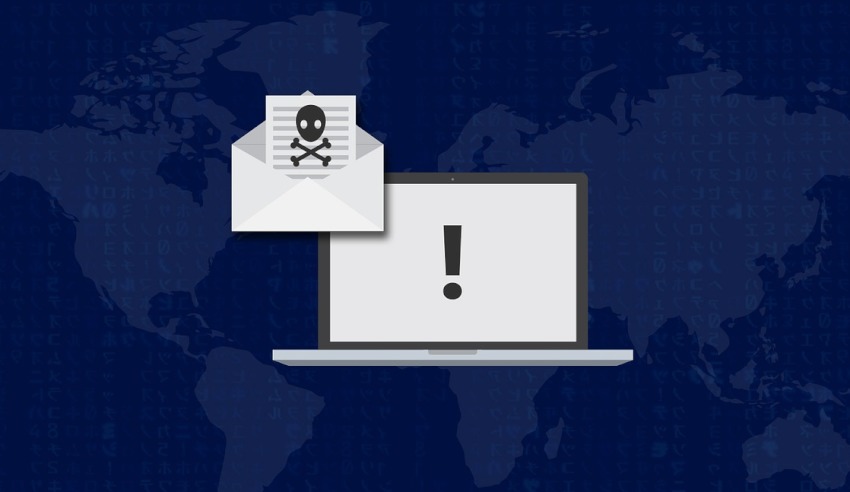Cyber security is among the key courses being pushed out by CPD providers this year. In this piece, a privacy expert explains why it's essential to be on top of.

As lawyers hold some of their clients' most valuable information, it is important for them to know how to protect themselves from online threats.
“Over the past few years, we noticed an interesting privacy paradox worldwide. As well all know, people express privacy concerns and fear identity theft. Yet they still reveal their personal details online for the sake of creating their online personas or for small bounties,” said Mr Markuson.
“The existing pool of leaked data creates an invaluable resource for hackers. Because of that, in 2019 we’ll see even more identity theft, phishing scams, personal data leaks and financial losses.”
According to the firm, there are five key weaknesses that are still catching out many people — most of which are fairly obvious and already well publicised.
1. Weak passwords
“This is the biggest sin you can do online”, the company said.
However, the biggest sin remains one of the most common. According to NordVPN, the most popular password globally today is still “password”.
A separate study last year by Okta suggested that just 4.4 per cent of business passwords adhere to the “default policy” of being at least eight characters in length, and combining numbers and both upper and lower case letters.
Half of all passwords it examined were too short.
2. Getting tricked with phishing emails and messages
Phishing scams are becoming ever more personalised, and hence trickier to spot.
“Even if an email or message contains a personal greeting, your address, or other sensitive details, it doesn’t mean that it comes from your bank,” it said.
Such scams often impersonate large organisations or government departments, including telcos, energy and software giants, and even the tax office.
3. Oversharing on social media
Posting things online in your youth may seem like a good idea at the time, but as NordVPN notes, they “will still be there when you are a company director down the road”.
As such, it is important to avoid posting things that may cause regret later on, and personal information — such as phone numbers, addresses and other identifying information — should stay personal.
Indeed, this was one of the ways in which scammers are accessing mobile phone numbers, according to the Telecommunications Industry Ombudsman, which are then being used to raid bank accounts.
The company also strongly suggested that travel photos are always best posted on your return home, and not while your home — and potentially your business premises — sit empty.
4. Connecting to public Wi-Fi
“Those are true goldmines” for hackers, the company said.
Last year, the Australian Cyber Security Centre (ACSC) revealed that losses from using free Wi-Fi hotspots hit $48 million. One such con job involves posing as a legitimate online retailer.
5. Installing too many apps
They may seem convenient, but not all apps and browser extensions are good. Some of them were only created to track your online activities and browsing habits or even steal your data, the VPN provider said.
This article originally appeared on Lawyers Weekly's sister publication, My Business.

Emma Musgrave (née Ryan) is the managing editor, professional services at Momentum Media.
Emma has worked for Momentum Media since 2015, including five years spent as the editor of the company's legal brand - Lawyers Weekly. Throughout her time at Momentum, she has been responsible for breaking some of the biggest stories in corporate Australia. In addition, she has produced exclusive multimedia and event content related to the company's respective brands and audiences.
Prior to joining Momentum Media, Emma worked in breakfast radio, delivering news to the Central West region of NSW, before taking on a radio journalist role at Southern Cross Austereo, based in Townsville, North Queensland.
She holds a Bachelor of Communications (Journalism) degree from Charles Sturt University.
Email Emma on: